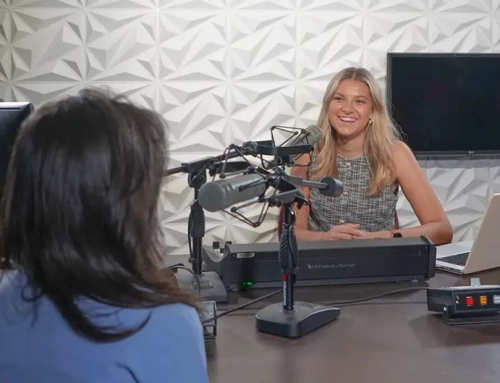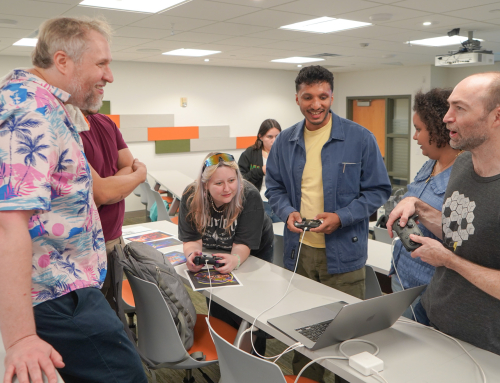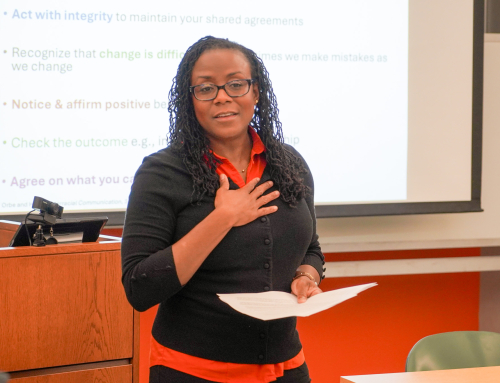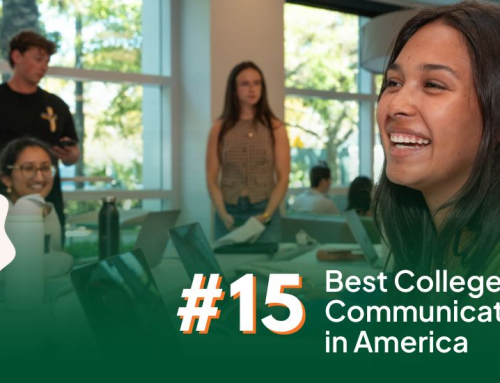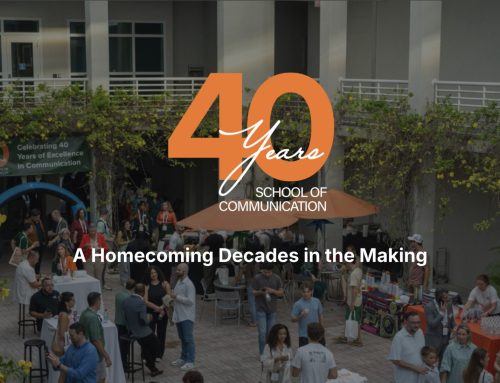Prize-winning journalist brings global experience
Ilene Prusher, a veteran foreign correspondent with decades of experience covering conflict zones in the Middle East, has joined the School of Communication, where she will lead the master’s program in journalism.
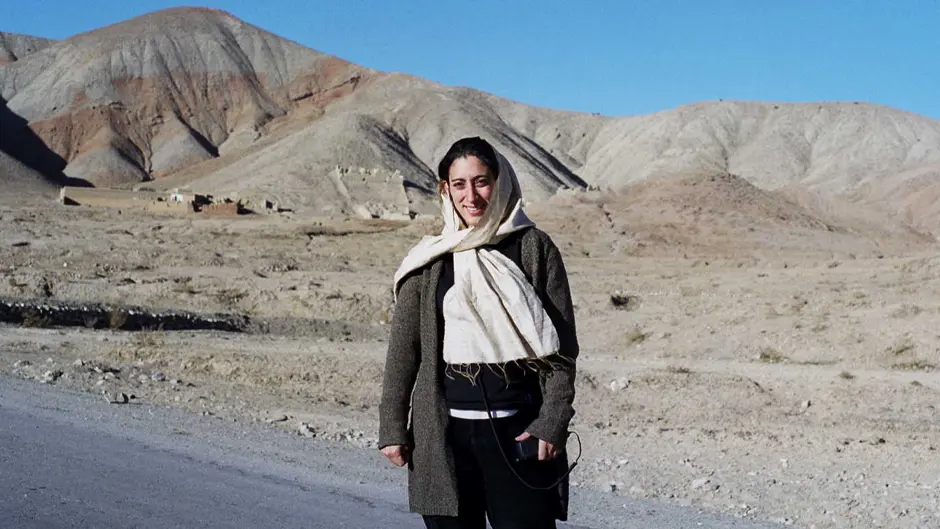
Accomplished journalist Ilene Prusher joins the University of Miami School of Communication. Photos: Courtesy of Ilene Prusher
By Barbara Gutierrez
8-19-2025
This story originally appeared in News@TheU.
A prize-winning journalist who covered the Middle East for decades and has written for prestigious publications including Time magazine, The Christian Science Monitor, and The New York Times, has been hired as an assistant professor of professional practice by the University of Miami School of Communication.
Ilene Prusher comes to the University after 10 years as a senior instructor in multimedia journalism at Florida Atlantic University, where she founded MediaLab@FAU, a student-led reporting project that covered the community and featured the students’ articles in publications and websites throughout south and central Florida. In 2024 she received a Press Forward grant to support MediaLab@FAU.
Prusher’s vast journalism experience includes hosting a radio show for TLV1 Radio in Israel and 15 years with The Christian Science Monitor, where she served as bureau chief in Istanbul, Tokyo, and Jerusalem.
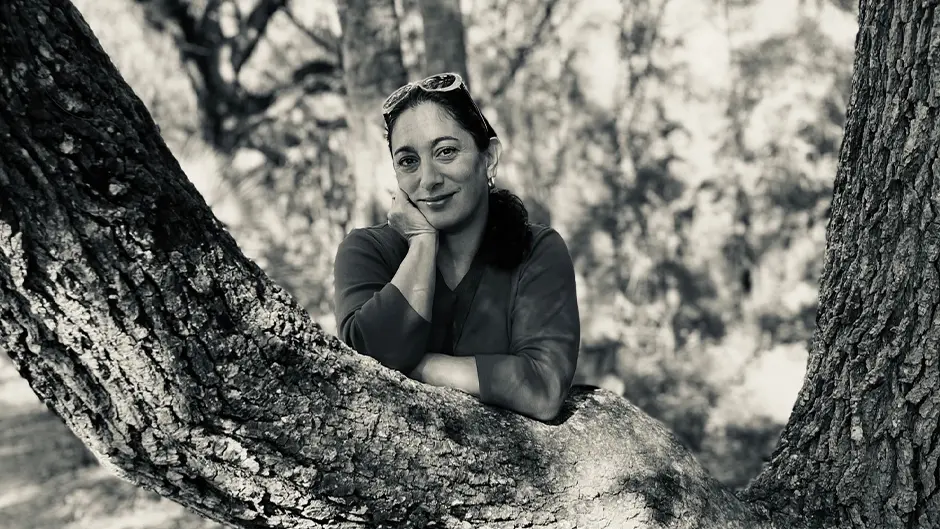
“We are quite pleased to welcome professor Prusher to our communication school,” said Karin Wilkins, dean of the School of Communication. “With her extensive experience in journalism education and practice, she will build our community journalism program in a way that not only benefits our students but also contributes to our community.”
Sallie Hughes, professor and chair of the Department of Journalism and Media Management and faculty director, said: “We are privileged to have Ilene Prusher join our faculty. Her stellar career as a foreign correspondent for top-tier journalism outlets, her continued contributions as a writer and columnist for prestigious publications, and her academic experience will serve to enhance our curriculum and enrich our student media collaborations with local news outlets such as WLRN, the Coconut Grove Spotlight, and many others.”
Prusher will teach classes that include Fundamentals of Newsgathering and Writing and Reporting Across Platforms, as well as a graduate international reporting class. She will also head the master’s program in journalism.
Prusher is aware that journalism is under societal pressure. Most people get their news from social media. Thousands of newspapers have closed, diminishing the coverage of local news. Viewership of local television news has also gone down. But Prusher believes the future of journalism is bright because it remains critical to the functioning of democracy.
“People think artificial intelligence (AI) is going to replace us [journalists], but AI can regurgitate and rewrite, it cannot go out and report in person,” she said. “Some of those core skills of knowing how to report, to verify, to go out and do on-the-ground community reporting is such a core function of the journalist. There is no AI bot that can replace this.”
She encourages her students to go out and talk to sources in person instead of trying to do everything digitally. She also emphasizes the need for journalism students to learn how to report and write across multiple platforms at once—websites, print, podcasts, and visual. In today’s media world, journalists are expected to be proficient in all platforms, she said.
“Today’s journalist has to be a one woman, or one man show,” she said.
She is no stranger to danger. As a foreign correspondent, she covered conflicts in Iraq and Afghanistan. She was also at one time the editor of Steven Sotloff, the Miami-born journalist who was murdered by Islamic extremists. The School of Communication offers a scholarship in Sotloff’s name.
Prusher warns her graduate students who yearn to become foreign correspondents to fully prepare. She believes that it is better to have the backing of an established news organization than to go as a freelancer, she said.
She also advises them to talk to journalists who have been in the region or in similar circumstances since they can provide valuable information. Journalists must also learn to know when to take risks and when not to.
“There were many times when I could have gone in by myself to cover a story and have an exclusive, but instead I went with other journalists because it was safer,” she said.
A graduate of Columbia Graduate School of Journalism, Prusher grew up in Long Island, New York, and developed a love of the craft after working on her high school yearbook. A college trip to Israel, Egypt, and Greece cemented her love of foreign news coverage.

